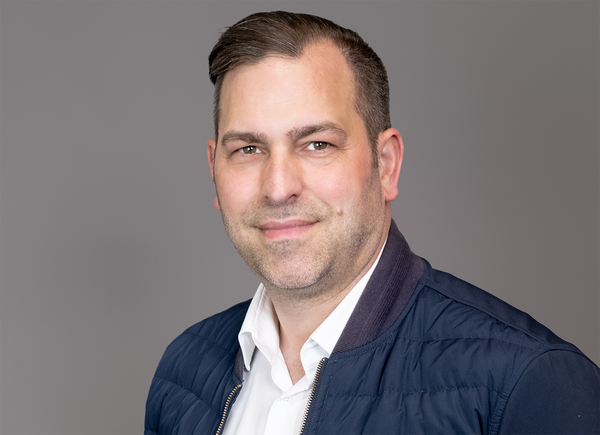Disposable plastic causes extreme pollution of our environment: 8 million tons of disposable plastic enter our oceans every year, as microplastics this damages our ecosystems. Northwest Europe produces the majority of single-use plastic (40% of Europe). The proportion of recycled material for new products is low. In 2016, 60 million tons of plastic products were manufactured in the EU and only 8 million tons were collected for recycling. The EU plastics industry is dependent on imported primary material. Recyclates from disposable plastics can satisfy this demand. Due to China's import ban in 2018, the demand for recycled plastic has fallen. This resulted in large quantities being burned/deposited. The development of an own plastics industry is of great relevance for Northwest Europe in order to become more independent of imports, to re-value existing disposable plastics, to create a new demand for recycled products and to avoid the incineration/landfill of valuable plastics. TRANSFORM-CE uses all types of single-use plastic: low-value plastics such as films from packaging for production in intrusion and extrusion processes (IEM); high-quality plastics such as bottles in additive manufacturing (AM) to offer companies an alternative to primary materials, to create demand for reuse, to stimulate the market for recyclates for new products, to support companies in the adaptation of circular economy models.
The pilot plants ensure technological scalability to stimulate new markets for secondary raw materials in North West Europe by proving that municipal plastic waste can be recycled by diverting 2580 tons of plastics over 3 years. The two options of the pilot plants guarantee the use of the manufactured products in a variety of simple / complex designs: AM for use with complex products, IEM for use with simpler designs. In the long term, ~25,800 tons are expected to be diverted in 10 years by expanding the technology with industrial investments.
| Consortium | Materia Nova (BE), Social Environmental and Economic Solutions (SOENECS) Ltd. (UK), Gemeente Almere (NL), Save Plastics (NL), Technische Universiteit Delft (NL), Hogeschool Utrecht (NL), bCircular GmbH (DE), Viridor Waste Management Limited (UK), Institute for Applied Material Flow Management (IfaS) of the Trier University of Applied Sciences |
| Duration | September 2019 - September 2023 |
| Funded by | European Regional Development Fund in the Interreg North-West Europe program |
| Funding amount | € 9,800,000, share from Trier University of Applied Sciences: € 922,706.85 |

You are leaving the official website of Trier University of Applied Sciences